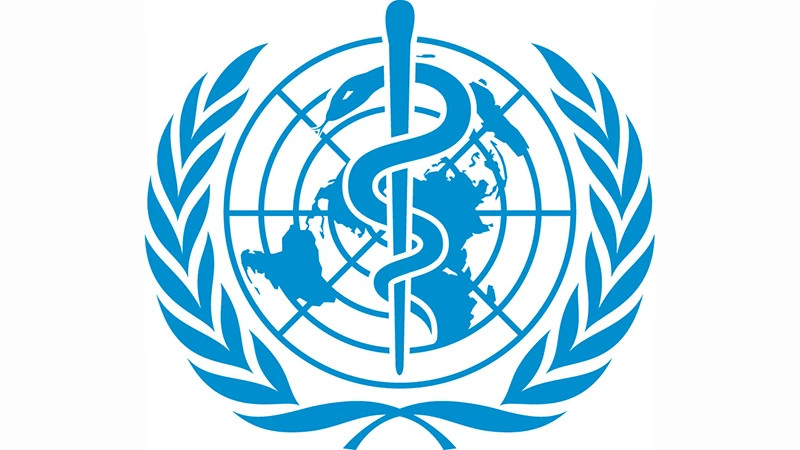Experts are concerned that Washington's funding loss could reduce the WHO’s ability to respond quickly and effectively to infectious disease outbreaks and pandemics.
In an executive order issued on the first day of his inauguration as President, Donald Trump withdrew the US from the world’s largest multilateral health organisation. The order requires agencies to temporarily suspend the transfer of any money, support or resources to the WHO, and withdraw staff from projects cooperating with the organisation. The move means the US will leave the WHO within 12 months.
President Donald Trump's withdrawal from the WHO is not a surprise. In his first term, Trump initiated this plan and criticised how the world's largest health organisation handled the COVID-19 pandemic.
Although it was predicted in advance, as soon as it was announced, the above decision still shook the global health system and attracted special attention from the international community.
In the latest statement, WHO hopes that Washington can reverse the decision and expressed its desire to open dialogue with the US to maintain its partnership with the "golden sponsor" for the health benefits of millions of people worldwide. Meanwhile, German Health Minister Karl Lauterbach considered the above move a heavy blow to global efforts to fight health crises.
It is not difficult to explain the concerns of countries and international organisations about the US decision. Even when the US was still a member, finance has been a difficult problem for WHO for decades.
WHO Director-General Tedros Adhanom Ghebreyesus has stressed that unstable funding is one of the main reasons WHO's operations are ineffective and lack flexibility in responding to unusual health crises.
In that context, the departure of the US, the largest donor, contributing about 18% of WHO's total operating budget, could deepen the financial gap, putting the organisation at risk of not being able to maintain large-scale health projects, as well as reducing its ability to respond flexibly to emergencies.
Many scientists are also concerned that this move could set back progress in the fight against infectious diseases such as AIDS, malaria and tuberculosis while weakening the world's defences against new dangerous disease outbreaks.
Trump's decision comes at a time when the WHO is struggling to raise funds to support health systems in conflict hotspots and deal with a series of epidemics.
The Africa Centers for Disease Control and Prevention (CDC) has warned of a sharp increase in public health emergencies across the continent, with more than 200 outbreaks reported by 2024.
The situation with monkeypox in the Democratic Republic of Congo remains worrying. Meanwhile, bird flu is spreading rapidly in many countries. The WHO Director-General is concerned that the precarious financial situation will force the world to face the impossible task of deciding who gets health care and who doesn't.
For the US, some experts have also warned that withdrawing from the WHO means the US Centers for Disease Control and Prevention (CDC) will no longer have access to the global data that the organisation provides.
Additionally, US leadership in international health forums could be weakened, opening the way for other countries to gain influence.
















